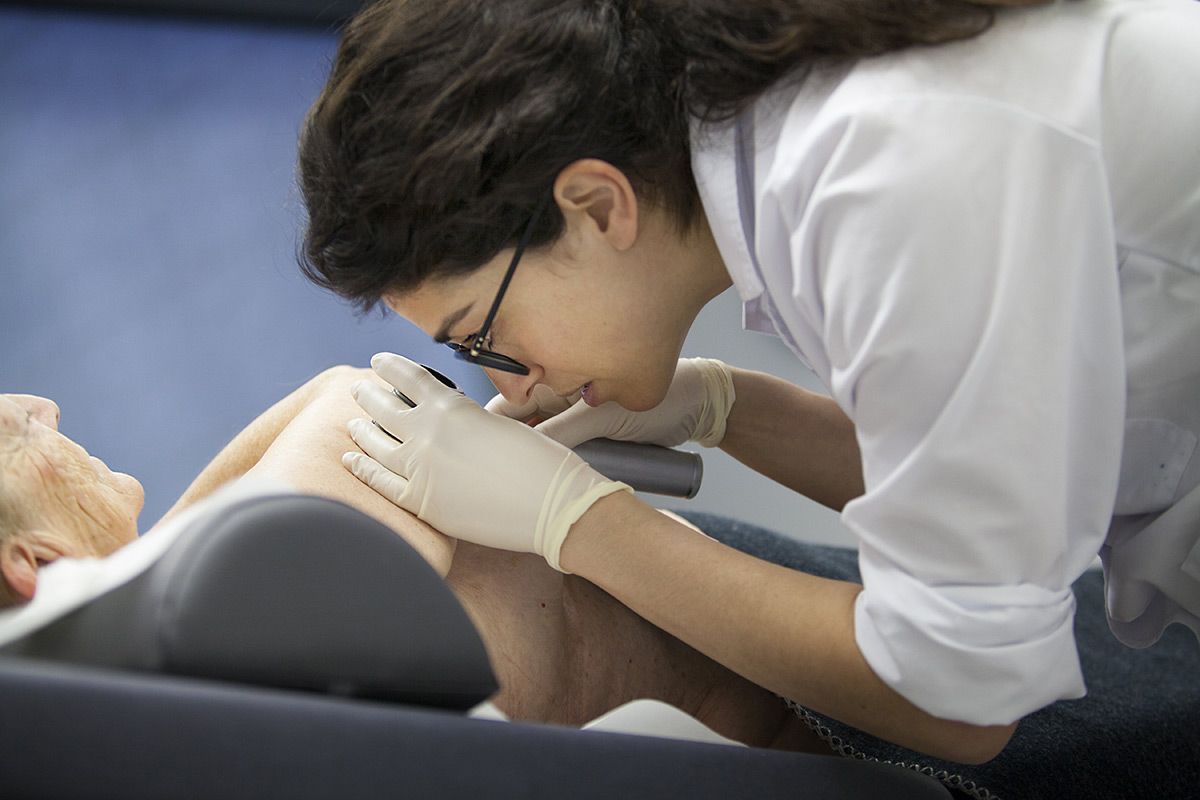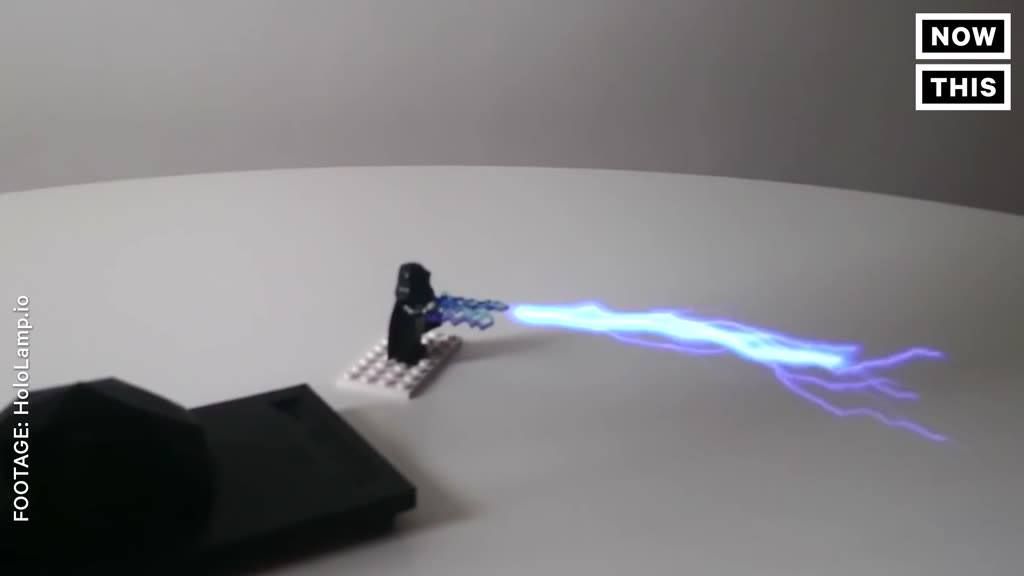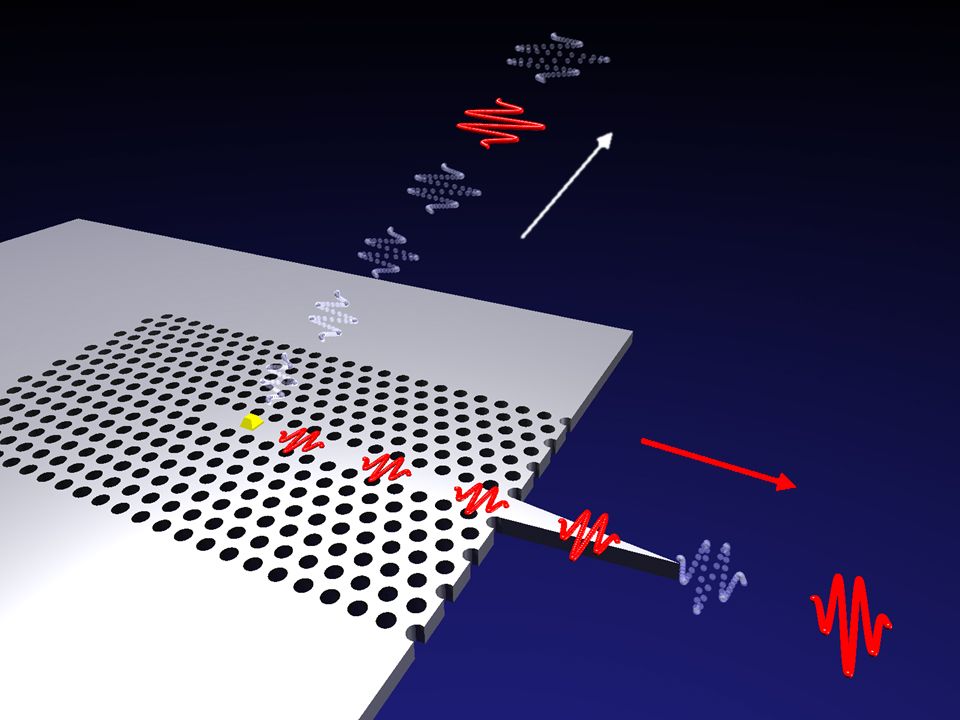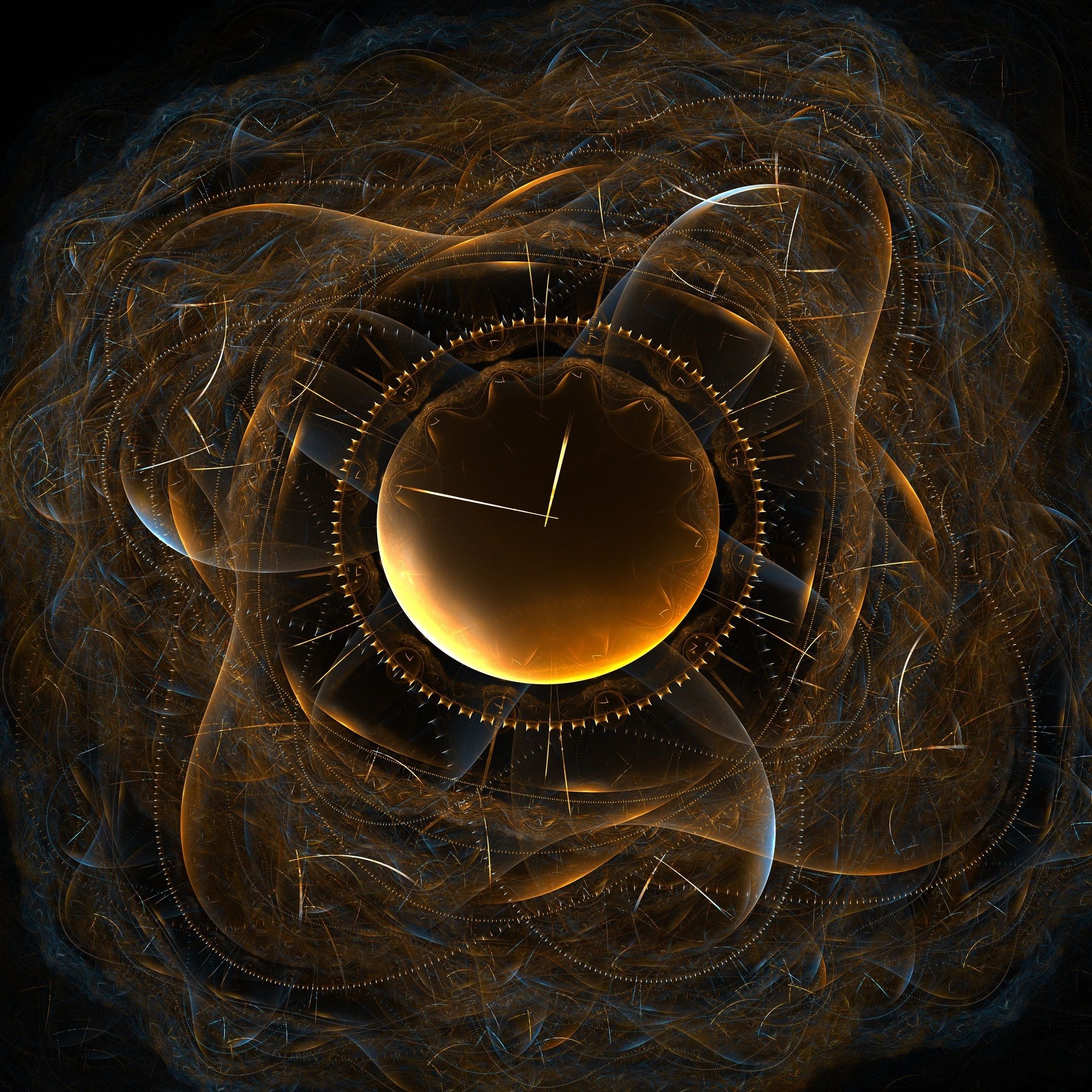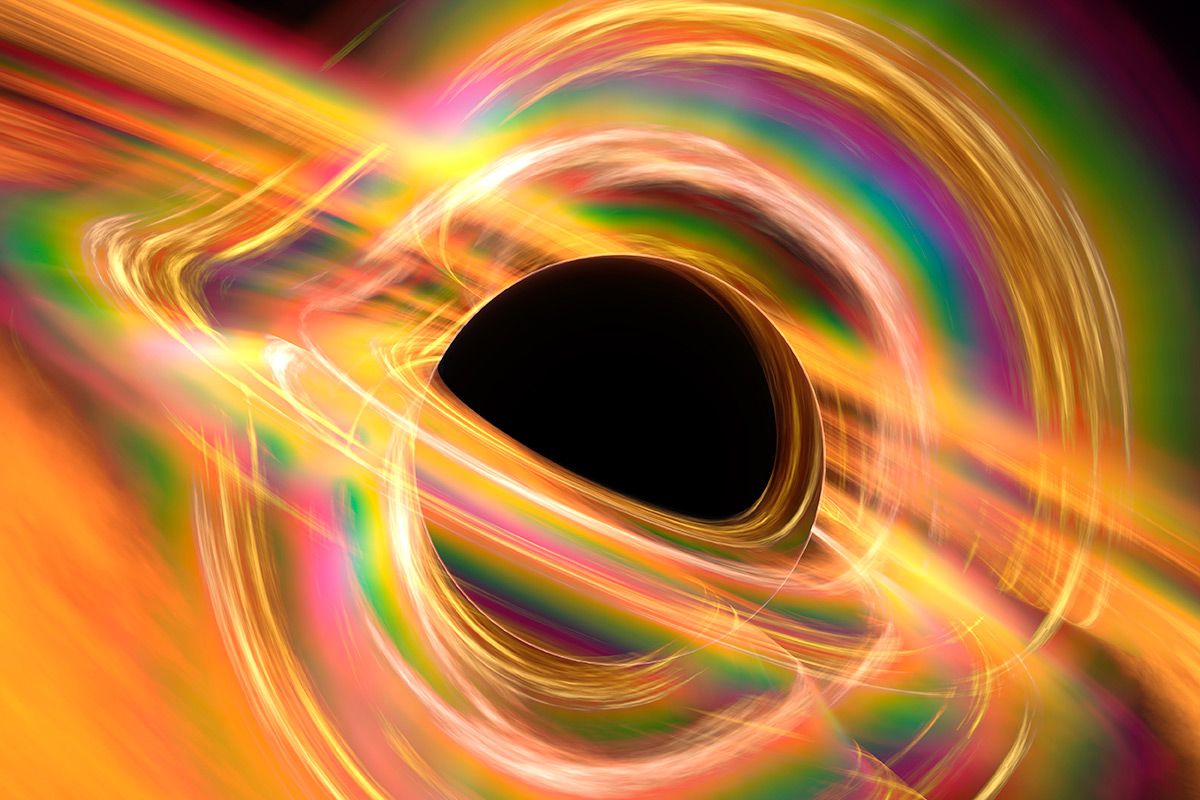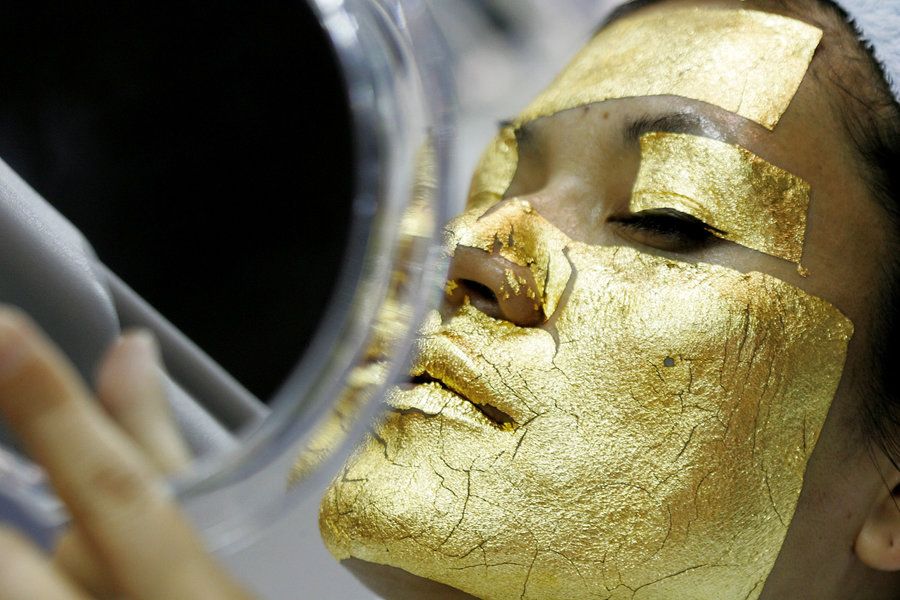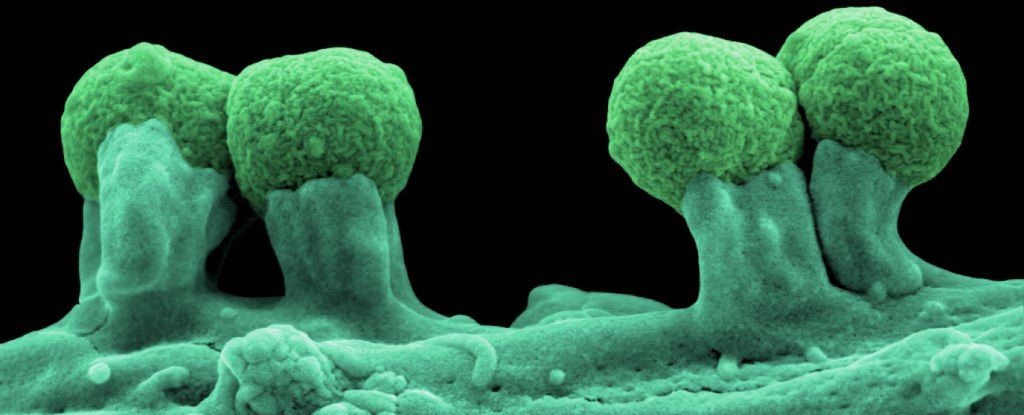Page 10574
Jan 25, 2017
This Lamp Can Project Holograms Without The Need For Glasses
Posted by Shane Hinshaw in category: holograms
Jan 25, 2017
First step towards photonic quantum network
Posted by Klaus Baldauf in categories: nanotechnology, particle physics, quantum physics
Advanced photonic nanostructures are well on their way to revolutionising quantum technology for quantum networks based on light. Researchers from the Niels Bohr Institute have now developed the first building blocks needed to construct complex quantum photonic circuits for quantum networks. This rapid development in quantum networks is highlighted in an article in the journal Nature.
Quantum technology based on light (photons) is called quantum photonics, while electronics is based on electrons. Photons (light particles) and electrons behave differently at the quantum level. A quantum entity is the smallest unit in the microscopic world. For example, photons are the fundamental constituent of light and electrons of electric current. Electrons are so-called fermions and can easily be isolated to conduct current one electron at a time. In contrast photons are bosons, which prefer to bunch together. But since information for quantum communication based on photonics is encoded in a single photon, it is necessary to emit and send them one at a time.
Jan 25, 2017
A Quick Rundown of the Alcubierre “Warp Drive”
Posted by Andreas Matt in categories: information science, mathematics, physics, robotics/AI, space travel

In Brief Science fiction often serves as a curiosity catalyst for a lot of technological innovation. One such example is this Alcubierre Warp Drive, that would absolutely revolutionize the capability of humans to traverse the stars.
It’s always a welcome thing to learn that ideas that are commonplace in science fiction have a basis in science fact. Cryogenic freezers, laser guns, robots, silicate implants… and let’s not forget the warp drive! Believe it or not, this concept – alternately known as FTL (Faster-Than-Light) travel, Hyperspace, Lightspeed, etc. – actually has one foot in the world of real science.
Continue reading “A Quick Rundown of the Alcubierre ‘Warp Drive’” »
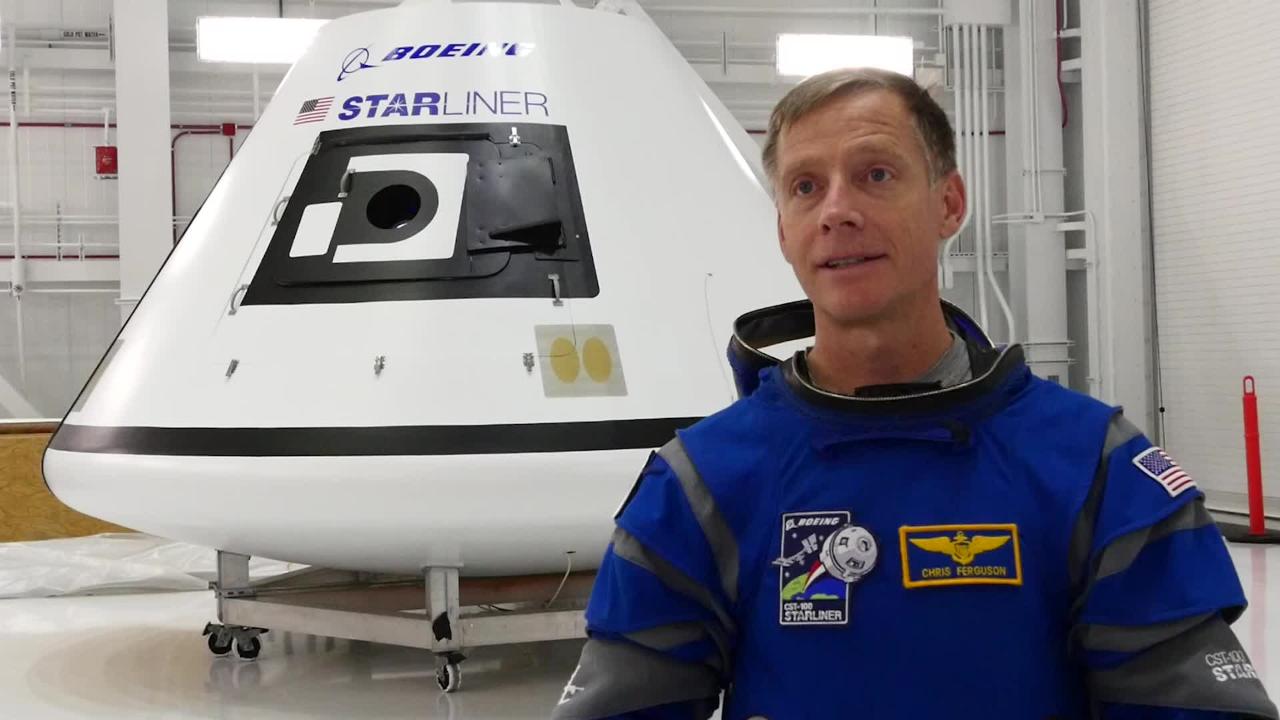
Boeing and David Clark unveiled the brand new space suit for the CST-100 Starliner. See the suit’s new slick look and added technology here.
The speed of light is one of the universe’s most fundamental (and scientifically useful) constants. But what about dark?
Jan 25, 2017
Plasma tidal wave may tell us if black holes destroy information
Posted by Andreas Matt in categories: cosmology, physics
Physicists have long puzzled over whether black holes destroy information or conserve it – now a proposed lab experiment could use a plasma wave to find out.
Jan 24, 2017
Scientists are One Step Closer to Reversing the Aging Process Entirely
Posted by Shane Hinshaw in categories: biotech/medical, life extension
Jan 24, 2017
New Organisms Have Been Formed Using the First Ever 6-Letter Genetic Code
Posted by Sean Cusack in categories: bioengineering, biotech/medical, genetics
Scientists have engineered the first ever ‘semi-synthetic’ organisms, by breeding E. coli bacteria with an expanded, six-letter genetic code.
While every living thing on Earth is formed according to a DNA code made up of four bases (represented by the letters G, T, C and A), these modified E. coli carry an entirely new type of DNA, with two additional DNA bases, X and Y, nestled in their genetic code.
The team, led by Floyd Romesberg from the Scripps Research Institute in California, engineered synthetic nucleotides — molecules that serve as the building blocks of DNA and RNA — to create an additional base pair, and they’ve successfully inserted this into the E. coli’s genetic code.
Continue reading “New Organisms Have Been Formed Using the First Ever 6-Letter Genetic Code” »
Jan 24, 2017
Dlublin/changes: Keeping track of government in 2017
Posted by Mark Larkento in category: government
“Tracking changes since Trump has taken office”
A repo that will be updated over time.
Changes — Keeping track of government in 2017.
